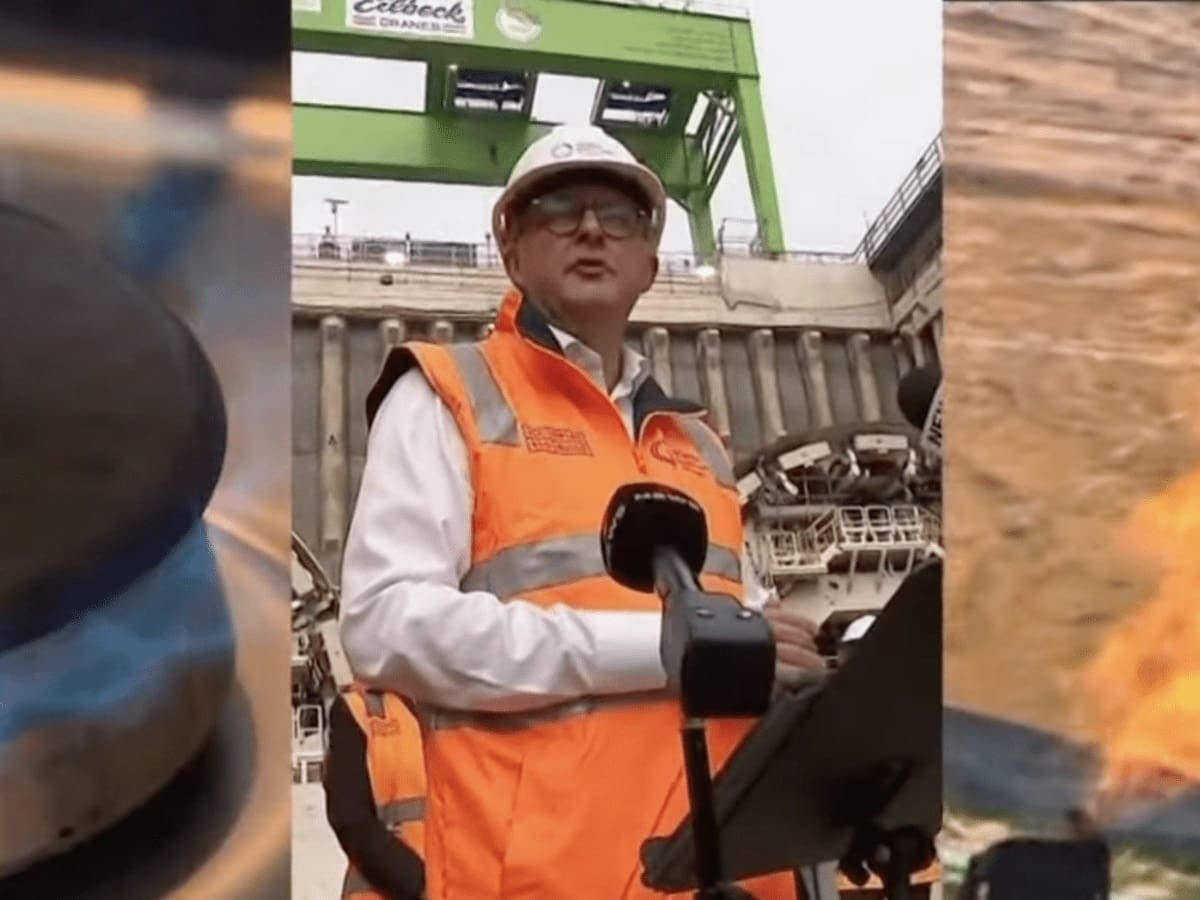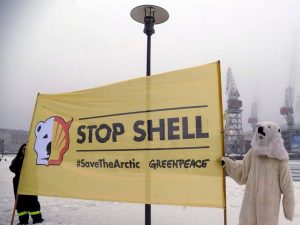On Thursday 9 May, Australia unveiled plans to keep burning gas beyond 2050. They claim this would not affect their pledge to reach net zero emissions by that date, as laid out by the UN. However, environmental groups are outraged and branded it a “climate disaster’’.
The deception of ‘natural’ gas
The fossil fuel industry has cleverly and deceptively rebranded methane – derived from fossil fuels, into ‘natural gas’. This purposeful misleading is clear greenwashing and an attempt to create the perception of a ‘clean’ fuel.
Methane is a colourless and odourless gas that produces far less pollutants than coal, when burned. However, a lot of scientific research demonstrates that when gas is both made and used, it poses a huge risk to the climate and human health. Shockingly, Methane is to blame for 30% of total warming and is the second biggest contributor to the climate catastrophe, after carbon dioxide.
The Global Methane Pledge (GMP) – which Australia signed – was launched at COP26 by the EU and the US. Significantly, it aims to reduce global methane emissions by at least 30% from 2020 levels, by 2030.
Australia has pledged to reach net zero emissions by 2050. They recently publicised plans to overhaul its economy with ‘massive investments’ in clean energy production.
Obviously, environmental groups were quick to shoot the strategy down. Jennifer Rayner, advocacy head for the Australian non-profit Climate Council, said the government needed to make a choice between gas or renewable energy:
It can’t do both.
More gas is a bad bet, against a safe climate future and a thriving clean economy.
Meanwhile Gavan McFadzean, spokesman for the Australian Conservation Foundation said:
Gas is a highly polluting fossil fuel, the burning of which is supercharging bushfires, heatwaves, coral bleaching and flooding in Australia and around the world.
To replace one fossil fuel with another is not a clean energy transition.
Contradicting the Paris Agreement
Australia is continuing to ship gas overseas under the government’s new strategy. It is currently the country’s second biggest export by value. Meaning, they are using this to justify the need to exploit new gas fields. Notably, there is a large consensus across published research that new oil and gas fields are a direct contradiction of the 1.5ºc target laid out in the Paris Agreement.
Unsurprisingly, the Institute for Energy Economics and Financial Analysis has cast doubt on the need for more gas. Josh Runciman who is an analyst there, told AFP:
Our research has found that further gas exploration and development is definitely not needed.
Gas exploration expenditure has been falling for the past decade as gas companies pivot to renewable investments or return cash to shareholders.
Australia has committed to slashing carbon emissions by 43% by 2030, on a path to reaching net-zero emissions by 2050. Currently gas accounts for nearly one third of Australia’s energy consumption, whereas renewables make up a mere 8.9%.
World bank figures show that Australia’s carbon dioxide emissions per person are some of the highest in the world. At 15.3 tonnes – they surpass even the US levels.
Australia: blatant hypocrisy
Only this week, Australia and Tuvalu announced the launch of a ‘climate and security pact’ which will come into force this year. Whilst there is a brief mention of ‘bolstering Tuvalu’s coastal defences’ – the pact mainly focuses on security. However, it did include one climate-focused element. Specifically, it offers Tuvalu’s 11,000 residents the right to live in Australia, if rising sea levels destroy their homeland.
In a show of blatant hypocrisy – Australia is offering to house the people of Tuvalu, should sea levels keep rising. Simultaneously, they are directly contributing to the rising sea levels through their continued use of fossil fuels.
Seemingly, Australia isn’t willing to pull their finger out to prevent rising sea levels battering a low-lying island. Essentially, its very plan to continue pumping out gas beyond 2050 will exacerbate the climate crisis.
Ultimately, making the people of Tuvalu climate refugees.
Additional reporting by Agence France-Presse
Feature image via 7News Australia/Youtube, cropped and resized to 1200 by 900, licensed under CC BY-SA 3.0




